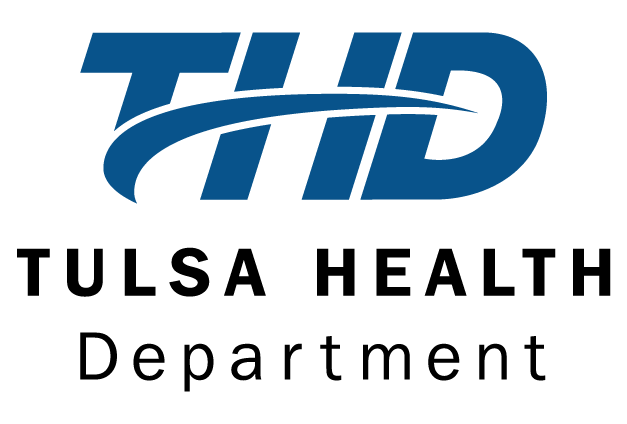TULSA, OK – [March 22, 2013] – Sunday is World Tuberculosis Day, which is designed to raise public awareness that tuberculosis remains an epidemic in much of the world. TB is responsible for the deaths of nearly one-and-a-half million people each year, mostly in developing countries.
World TB Day is celebrated annually on March 24 to commemorate the day in 1882 when Dr. Robert Koch announced his discovery of Mycobacterium tuberculosis, the bacillus that causes TB. At the time of Koch’s announcement in Berlin, TB was raging through Europe and the Americas, causing the death of one out of every seven people. Koch’s discovery opened the way towards diagnosing and curing TB.
TB is caused by bacteria that usually attack the lungs. It is spread through the air from person to person. While it usually affects the lungs, it can also affect other parts of the body such as the brain, kidneys, or spine. A person with active TB disease can die if they do not get treatment.
Worldwide there are approximately 9 million new cases and 2 million deaths due to TB each year. In 2011, there were 10,521 cases in the U.S. of which 62.5% were foreign born. Only 94 of those cases were in Oklahoma with 15 in Tulsa County.
“This low number is in a large part due to TB control programs conducted by State and local health department,” said James Seebass, D.O., public health physician. “Because of the record low number of cases in the U.S., much of the country believes the disease to have been eradicated. However, this is a time when we are observing a rise in drug resistant TB throughout the world.”
Many people think that TB is a disease of the past — an illness that no longer threatens our community today. One reason for this belief is that the United States is currently experiencing a decline in TB. The country is at an all-time low in the number of persons diagnosed with TB disease. However, in the 1970s and early 1980s, the nation let its guard down and TB control efforts were neglected. The country became complacent about TB, and many states and cities redirected TB prevention and control funds to other programs.
Consequently, the trend toward elimination was reversed and the nation experienced a resurgence of TB, with a 20% increase in TB cases reported between 1985 and 1992. Many of these cases were persons with difficult-to-treat drug-resistant TB. Now is the time to take decisive actions, beyond our current efforts, that will ensure that we eliminate the threat of TB.
“One third of the world’s population is infected with the TB germ. Our body’s immune system is able to contain this infection but not totally kill it,” said Dr. Seebass. “In most cases the germ will be kept dormant for a lifetime. However, under certain circumstances or with certain diseases or medications, the immune system is weakened and allows the germ to grow and cause an active case of TB.”
Individuals who have an HIV infection, have had recent contact with a person with TB, or have recently been in a country with a high incidence of TB may fall into a high- or moderate-risk group.
The Tulsa Health Department’s community-wide TB Control Program utilizes education, primary prevention, testing and treatment to help stop the spread of the disease.
Anyone who has been exposed to an active case or has symptoms should visit the Tulsa Health Department’s Central Regional Health Center located at 315 S. Utica Ave. The general symptoms of TB disease include feelings of sickness or weakness, weight loss, fever, and night sweats. The symptoms of TB disease of the lungs also include coughing, chest pain, and the coughing up of blood. Symptoms of TB disease in other parts of the body depend on the area affected.
TB skin testing is available Monday – Thursday 8:00 – 4:00 p.m. and Friday 8:00 – 11:00 a.m. A Spanish-speaking interpreter is available.






